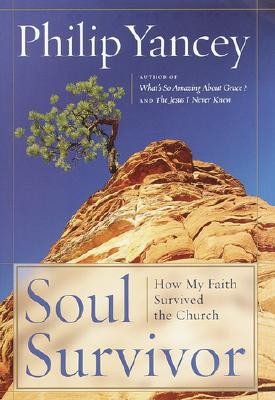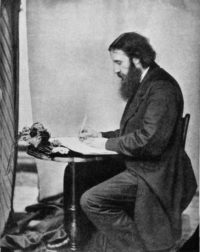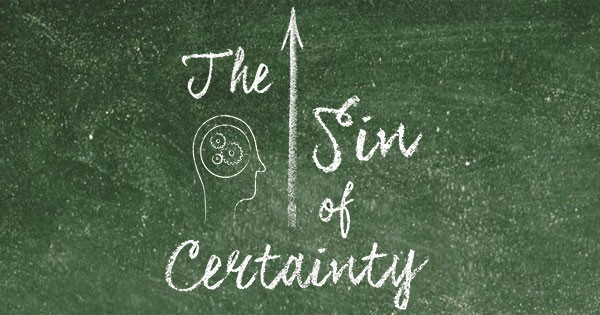Faith and Freedom
It was time for me to decide if I really did believe what I’d so often professed, that only in the love of Christ, not in power of violence, is there any hope for me or the world. (John Perkins, quoted in Philip Yancey’s Soul Survivor: How My Faith Survived the Church)
I’ve been reading about Martin Luther King Jr.’s life in Philip Yancey’s book, and what a testimony it is to the power — and difficulty — of nonviolence. King was arrested, beaten, imprisoned, slandered, threatened, so many times. Finally he was killed. But he had already “set his face like a flint” toward change in this country. He had already resolved to follow the example of Jesus, believing that if the American people saw often enough the beatings, the injustice, the horrific treatment of the civil rights protesters, eventually it would reach critical mass and there would be a change of heart. If the protesters fought back, violence for violence, it would not happen. It was the power of nonviolence, of turning the other cheek and believing that justice would ultimately prevail, that brought about change.
Yancey quotes King in an address to weary civil rights marchers that I found this morning online:
Whatever his personal failings, King had a deep and unshakable faith in God, and in the essential rightness of even the fallen creation. It’s not something we have to create through our own means. He begins with “the arm of the moral universe that bends toward justice,” and ends with the God who intervenes in human affairs in response to faith. The justice is there, however buried by the misguided activity of fallen humanity, and God’s power is available to breathe fresh life into it — when we do things his way.
There are evangelicals who seem to link the right to bear arms with Christian faith. It has always seemed like an odd, ultimately unworkable pairing. While I see the importance of using the various processes available to us to resist impingement on our freedom, making weaponry a centerpiece of one’s Christian political stance doesn’t make any sense to me.
It’s a highly charged subject, and thinking about it this morning brought me back to some of the ideas Greg Boyd brings up in The Myth of a Christian Nation. To me the bottom line is that insisting on the right to use force and instruments of killing to defend freedom is impossible for me to square with the way Jesus operated. Martin Luther King defended freedom and justice in a very different way. His life, laid out compellingly in this book, is a far more easily recognizable example of Christian faith put into difficult, costly practice.



